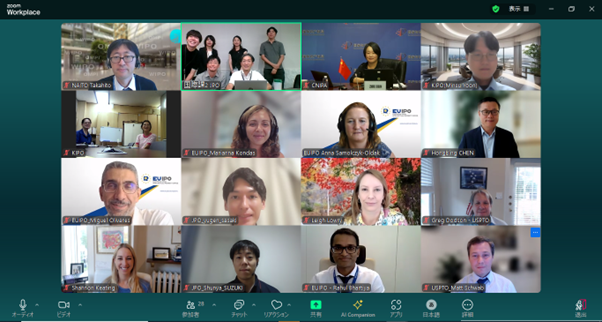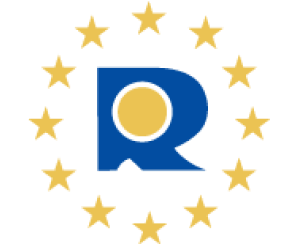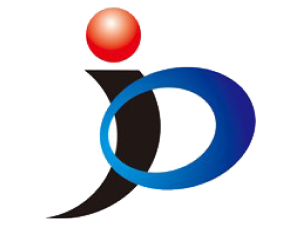On 12 September, the Japan Patent Office (JPO), the 2024 TM5 host and project lead organised a virtual IT expert meeting among the TM5 partners under the IT Support for Trade Mark Examination Project. A meeting also was held among classification experts to discuss application trends and suggestions to increase the number of jointly approved terms in certain classes of the ID list.
Discussions among IT experts focused on the latest technological solutions applied by the TM5 offices to provide high-quality services to trade mark applicants and owners, such as IT solutions utilising AI, machine learning and blockchain.
Among other things, the JPO reported the outcome of the feasibility studies on the use of AI technology to search for and compare prior character trade marks that are similar, not only in sound but in character strings, and the concept of the applied-for-trade mark.
The China National Intellectual Property Administration (CNIPA) informed on the release of its image search tool to the public, its ‘mini’ programme for smartphones compatible with WeChat, its customer service application providing real time Q & A and its pre-examination application programming interface (API), which recognises misspelling with Optical Character Recognition (OCR) technology.
The European Intellectual Property Office (EUIPO) also gave the state of play of its AI and machine-learning initiatives: image search in TMview, a virtual assistant and pre-assessment services, an API platform to apply for trade marks and EUIPO search databases, and its blockchain initiatives to support product tracing and prove authenticity.
The Korean Intellectual Property Office (KIPO) reported on its AI-based image search system (operational since 2021), its Vienna classification assistant (implemented in 2023) and on its pilot AI-powered designation search tool for word marks.
The United States Patent and Trademark Office (USPTO) updated on its new filing system named the Trademark Center that will replace TEAS, as well as its focus on improved customer experience with immediate cloud saves, mobile viewing, and collaboration tools, among other tools.
Finally, the World Intellectual Property Organization reported on the digital future of the Madrid System, including initiatives such as Madrid e-filing, improving electronic data exchange with other offices, an API pilot and data format standardisation with extensible markup language templates.






